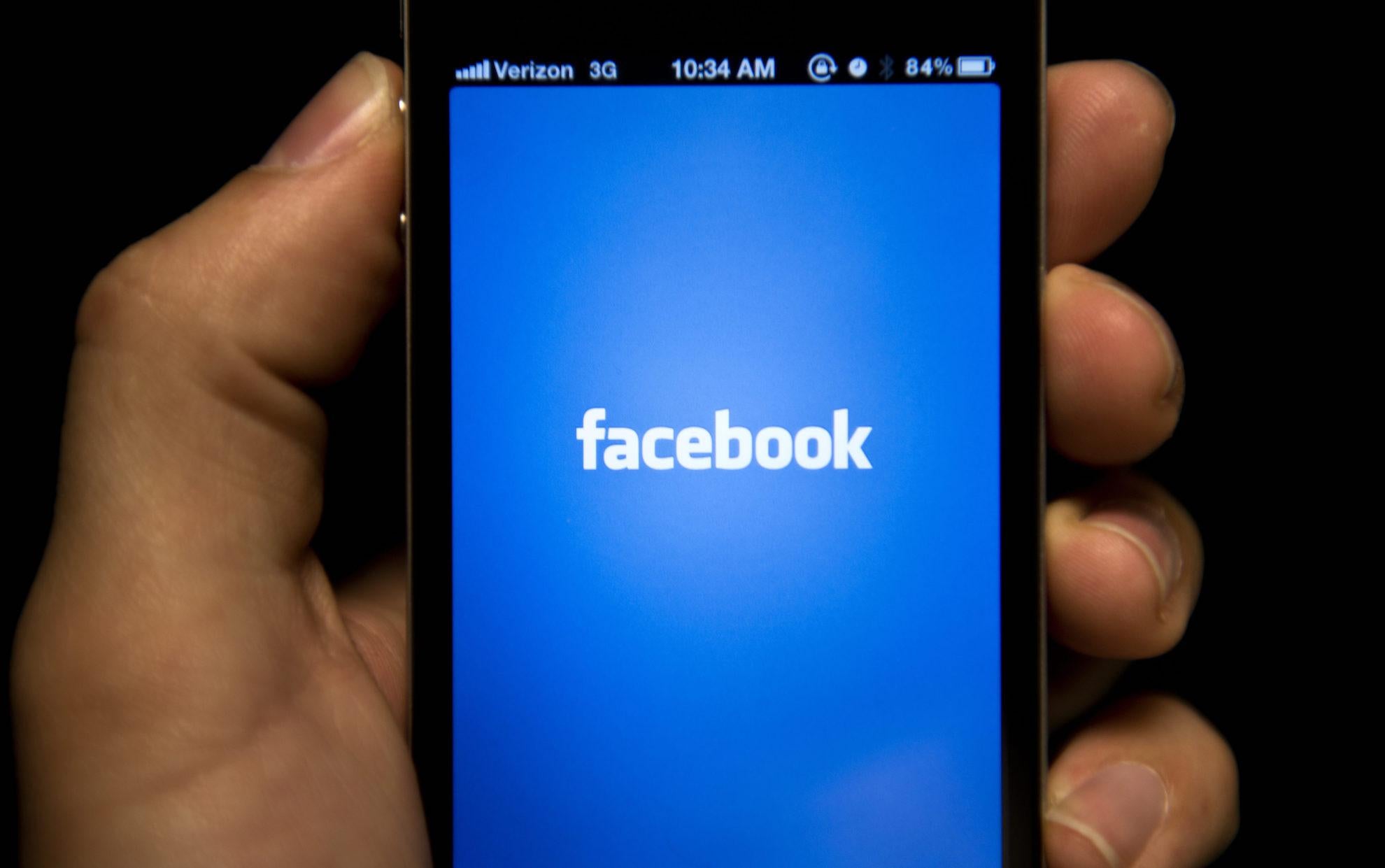Facebook extends controversial 'safety check' to let people ask for help in a crisis
The new 'Community Help' tool lets people unaffected by an event to offer help to others in their community

Your support helps us to tell the story
From reproductive rights to climate change to Big Tech, The Independent is on the ground when the story is developing. Whether it's investigating the financials of Elon Musk's pro-Trump PAC or producing our latest documentary, 'The A Word', which shines a light on the American women fighting for reproductive rights, we know how important it is to parse out the facts from the messaging.
At such a critical moment in US history, we need reporters on the ground. Your donation allows us to keep sending journalists to speak to both sides of the story.
The Independent is trusted by Americans across the entire political spectrum. And unlike many other quality news outlets, we choose not to lock Americans out of our reporting and analysis with paywalls. We believe quality journalism should be available to everyone, paid for by those who can afford it.
Your support makes all the difference.Facebook has extended its controversial 'Safety Check' to let people offer help.
The Safety Check tool has been available since 2014 and is activated whenever a crisis is present, allowing people to tell their friends and family that they are safe. But the new tool will allow the actually help out.
The Community Help feature allows unaffected people to offer help – like blankets or accomodation – to people who are in the area of such a crisis.
Safety Check was introduced three years ago and has gradually widened since. It was initially only used for natural disasters, but has gradually been switched on for terrorist attacks and other problems and is now automatically triggered – occasionally causing its own problems.
Facebook said the feature will initially be deployed in the US, Canada, Australia, New Zealand, India and Saudi Arabia before being rolled out globally.
"With Community Help people can find and give help, and message others directly to connect after a crisis," Facebook's Naomi Gleit said.
"Posts can be viewed by category and location, making it easier for people to find the help they need.
"We saw the community do this on their own through Groups and posts, like in the aftermath of the flooding in Chennai, India, in December 2015, but we knew we could do more.
"We also talked with experts, humanitarian relief organisations and our own in-the-field research to learn how to make it easier for people to find and give help."
Join our commenting forum
Join thought-provoking conversations, follow other Independent readers and see their replies
Comments